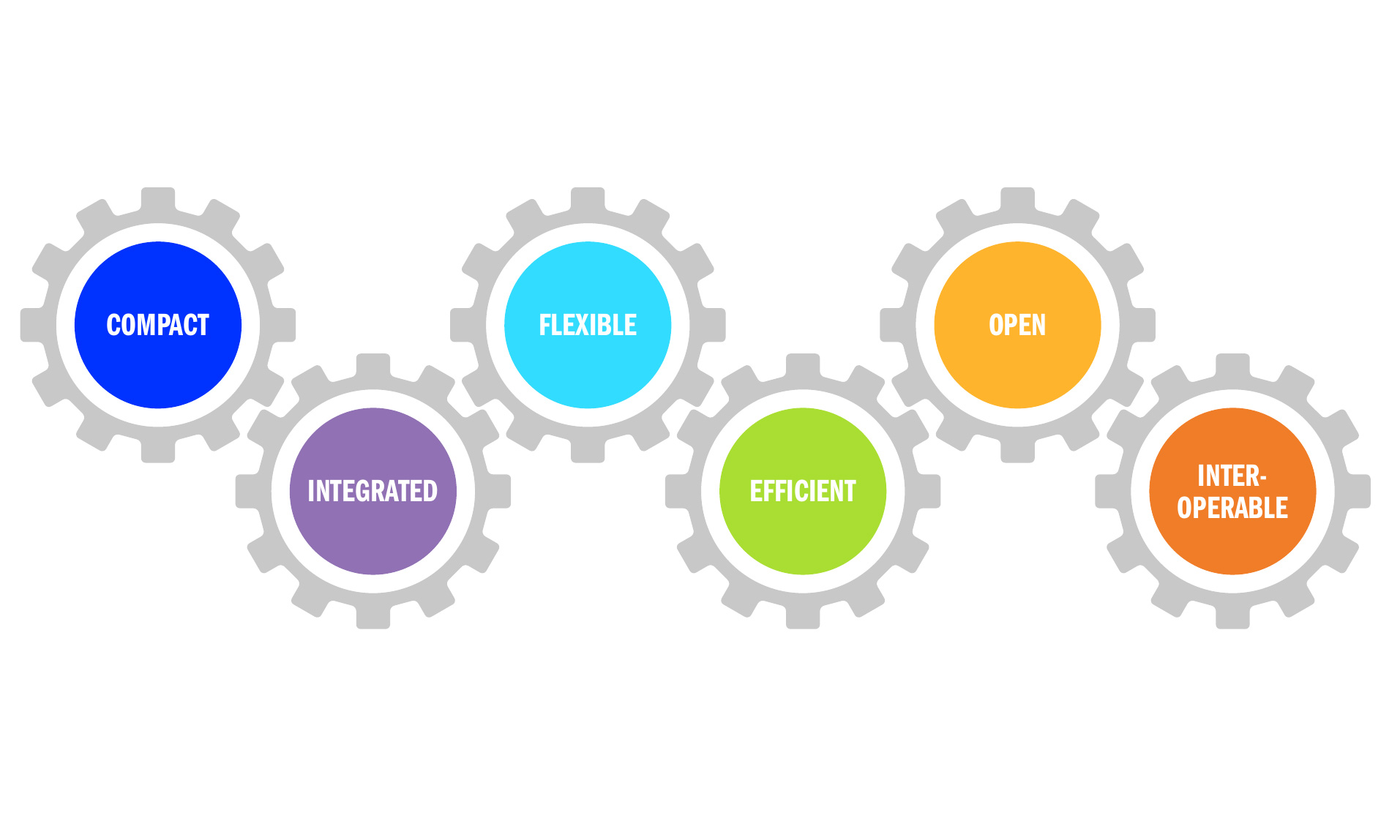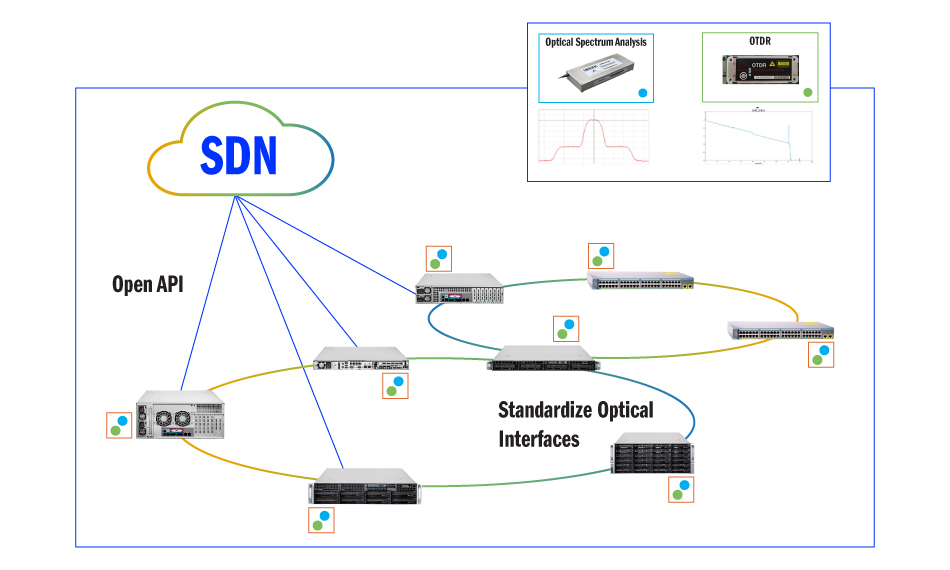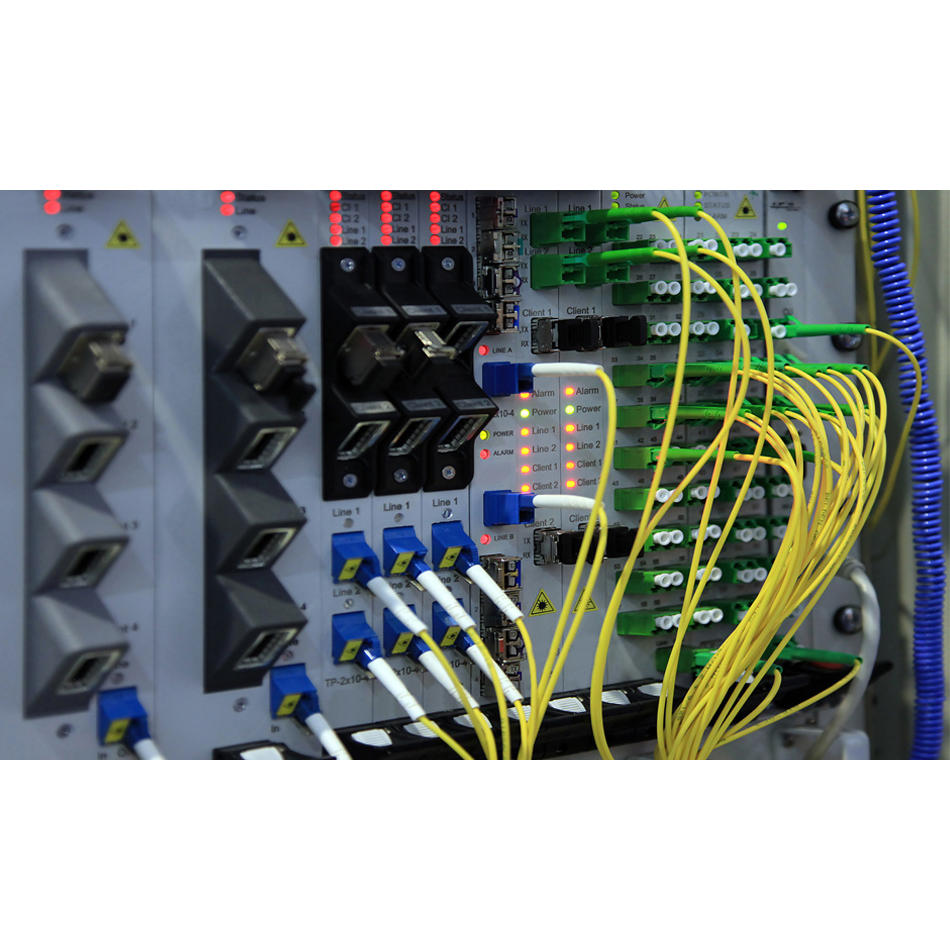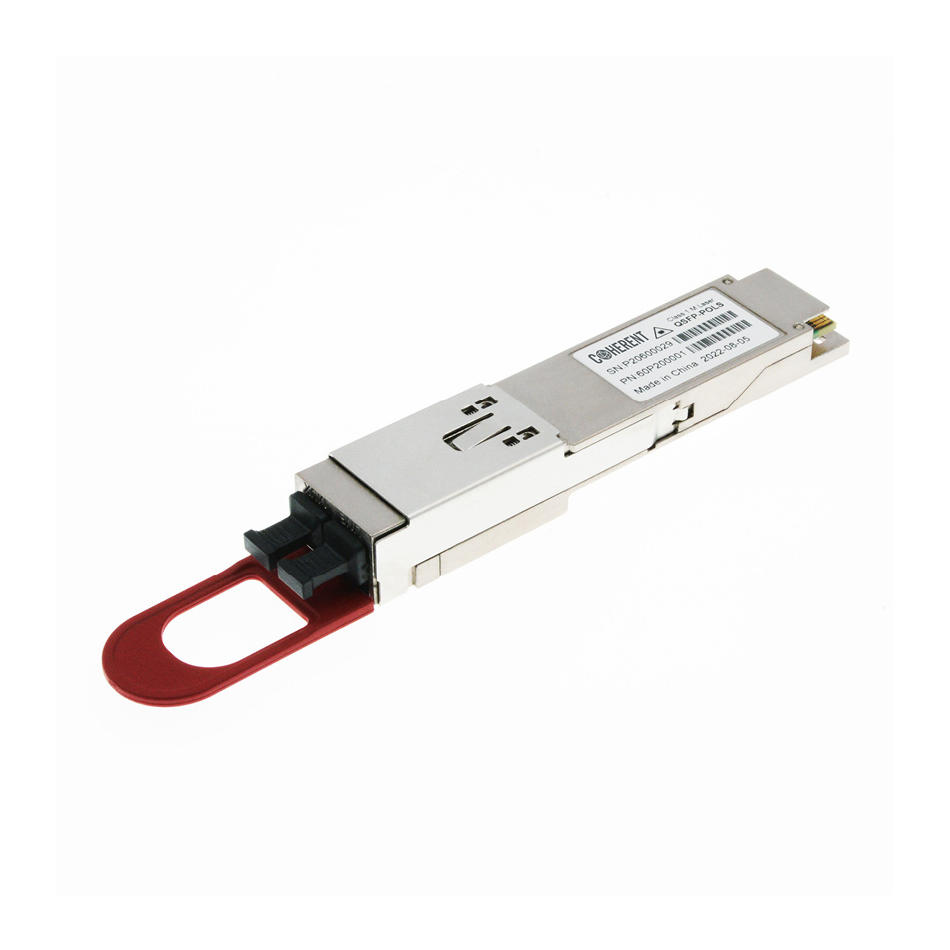Reimagining Optical Networks for the Metro Edge: Meeting the Challenges of a Rapidly Evolving Landscape
Discover how innovations in resource pooling, embedded intelligence, and vertical integration are transforming optical networks at the metro edge.
August 25, 2025 by Coherent

As optical networks expand towards the edge, the demands on infrastructure grow increasingly diverse and complex. Understanding the unique challenges of optical line systems in Metro/Edge/Access Networks, how they differ from traditional core networks, and the innovations required to meet these evolving needs is essential for developing scalable and efficient solutions.
The challenge is to expand optical networking to support edge to edge and edge to core connectivity without the use of optical to electrical regeneration while simultaneously expanding bandwidth and geographical equipment placement. The key is to increase network flexibility and bandwidth with a nonlinear cost and complexity model.
Understanding the Metro/Edge/Access Network
The journey from the core to the edge of the network unveils stark contrasts. Core networks are centralized, involving fewer nodes and a simpler circuit topology, while Metro/Edge/Access Networks feature:
High Node Density: Edge networks can have up to 50-100 nodes for every core node.
Fragmented Circuits: Unlike the end-to-end circuits in core networks, edge networks present highly fragmented A-to-Z pathways.
Cost and Size Sensitivity: With increased deployment at scale, compact and cost-effective solutions are crucial.
Operational Simplicity: Edge networks must provide the same features as core networks however must be deployed more rapidly with a larger and more diverse labor force. Simplicity with embedded testing capabilities becomes a must.
These characteristics demand reimagined approaches, as technologies designed for core networks don’t seamlessly adapt to the edge environment.


Key Challenges in Metro Edge Networks
Metro edge networks require a unique architectural and technological framework to address their distinct challenges:
1. Compact and Integrated Solutions:
- The edge environment demands smaller, power-efficient components. Disaggregation must coexist with reaggregation of layer 0 and layer 1 to optimize for cost and space.
- Collapsing optical functions and integrating architectures help reduce complexity, size and power.
2. Spectrum Flexibility and Efficiency:
- Seamless translation of spectrum capabilities, with 6.25 GHz resolution, contiguous from edge to core networks.
- Support for IP-over-DWDM, alien wavelengths and bulk spectrum services to better utilize CapEx investments and improve network ROI via resource sharing.
3. Open and Interoperable Systems:
- Interconnectivity at Layer 0 and Layer 1 must be ensured to integrate diverse vendor solutions and leverage emerging technologies faster.
- Interoperability enhances scalability and reduces proprietary dependencies.
4. Embedded Testing and Diagnostics:
- With edge deployments spread across large geographic areas, embedded test and measurement capabilities are critical for seamless operation.
- Standalone testing equipment is no longer viable; diagnostics must be baked into every node and at every fiber degree.
Innovative Technologies for the Metro Edge
To address these challenges, cutting-edge technologies are redefining the optical landscape:
Resource Pooling
- Optical WSS-based switching, amplification, and diagnostics can be distributed across multiple functions, eliminating redundancy.
- Pump-sharing architectures, like the high-efficiency laser pump farms offered by Coherent, optimize performance across fiber spans and degrees.
Advanced Architectures:
- Overlaying multiple fiber paths expands capacity using mature, cost-optimized technologies.
- Integrating optical functions within a single blade reduces cost, power, and complexity.
Embedded Intelligence:
High-speed, multi-access test and measurement capabilities enhance real-time network visibility. Embedded OTDR and OSA solutions from Coherent provide granular performance insights, enabling proactive maintenance and reducing downtime.

Pioneering Technologies for Metro Edge
Here’s how cutting-edge innovations are shaping the edge network landscape:
Vertical Integration
- Miniaturized pumps and amplifiers enhance efficiency while reducing power and space requirements.
- Integrated passive components streamline manufacturing and deployment.
Creating Optimized Optica Resource Pools to add to Vertical integration
- Partitioning LCoS based WSS switching to distribute functionality across multiple degrees, both multi-rail and node on a blade.
- Creation of laser pump farms for optimized pump sharing across multiple fiber spans / degrees.
- High speed, multiple access test and measurement capability built into every node serving every fiber span / degree.
Repurposing Core Technologies
- Proven technologies, like 100G coherent optics, are adapted for compact, low-power deployment in edge environments.
The Path Forward
As optical networking expands into Metro/Edge/Access Networks, the guiding principle is clear - reduce complexity and accelerate deployment. Innovations must focus on:
- Cost-effective, scalable solutions.
- Seamless integration of core and edge networks.
- Embedded capabilities for diagnostics, testing, and maintenance.
By leveraging advanced optical components and integrated technologies from Coherent, network operators can deliver high performance and simplified operations—without sacrificing capacity or flexibility. As the industry moves toward the dynamic and demanding environment of the metro edge, success will depend on solutions built specifically for scale, efficiency, and openness. Coherent is delivering those solutions—purpose-built to meet the challenges of the edge and power the next generation of optical networks.


